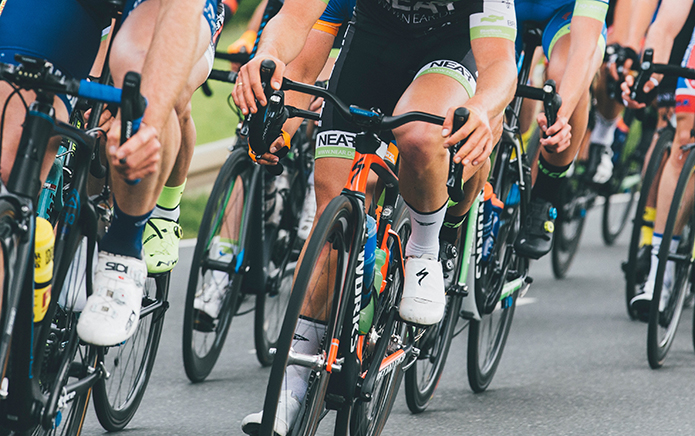
World cycling’s governing body has banned trans athletes from competing in the female categories.
On 14 July, the Union Cycliste Internationale (UCI) announced the shocking news in a statement.
“From now on, female transgender athletes who have transitioned after (male) puberty will be prohibited from participating in women’s events on the UCI international calendar – in all categories – in all the various disciplines,” the governing body said.
“Given the current state of scientific knowledge, it is also impossible to rule out the possibility that biomechanical factors such as the shape and arrangement of the bones in their limbs may constitute a lasting advantage for female transgender athletes.”
Before implementing their restrictions, trans women could compete in the female categories if they were within the permitted plasma testosterone level of 2.5 nanomoles per litre.
In an additional statement, UCI president David Lappartient insisted that cycling is still “open to everyone” before doubling down on the restrictive policy adjustment.
“First of all, the UCI would like to reaffirm that cycling – as a competitive sport, leisure activity or means of transport – is open to everyone, including transgender people, whom we encourage like everyone else to take part in our sport,” he said.
“I would also like to reaffirm that the UCI fully respects and supports the right of individuals to choose the sex that corresponds to their gender identity, whatever they were assigned at birth.
“However, it has a duty to guarantee, above all, equal opportunities for all competitors in cycling competitions.”

Under the new restrictions, trans women who transitioned after male puberty will only be allowed to participate in the men’s category, which has been renamed “men/open category.”
Shortly after UCI announced the news, various LGBTQ+ activists took to social media to express their disappointment – including openly trans British cyclist Emily Bridges.
“It’s the hope that gets you. The thought that there’s some small possibility that they’re not going to wield the axe and cut you from the thing you (used to) love keeps some semblance of hope for the future in this environment,” she wrote in an emotional Instagram post.
“But that hope is gone now. The trust in the institution is gone. Official, sanctioned, competitive sport is no longer for trans people. We will continue to fight this, in sports science labs, in courtrooms and on the streets, but I am under no impression that it is as easy to unban someone as it is to ban in the first place.”
The UCI’s decision to ban transgender female athletes stemmed from openly trans cyclist Austin Killips and her overall win at the Tour of the Gila – which took place on 30 April.
Despite making LGBTQ+ history as the first trans woman to win a UCI women’s race, her moment was swiftly overshadowed by anti-trans rhetoric from conservative fans and former cycling athletes.
At the time of her win, UCI supported Killips’ victory, stating that their policy for trans athletes was “based on the latest scientific knowledge.”
However three days later, the governing body backtracked its support and reopened its consultation to “hear the voices of female athletes and their concerns about an equal playing field for competitors,” per The Guardian.
View this post on Instagram



